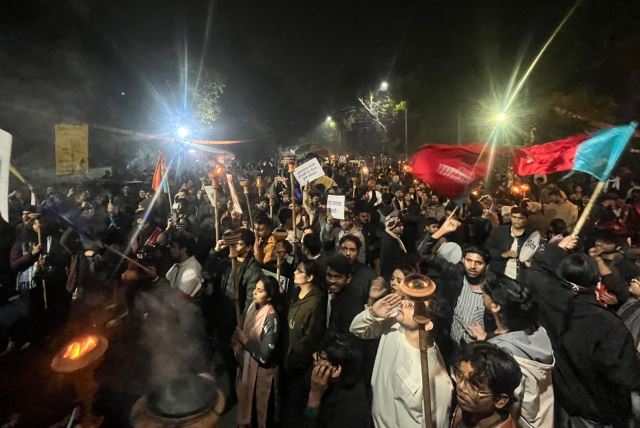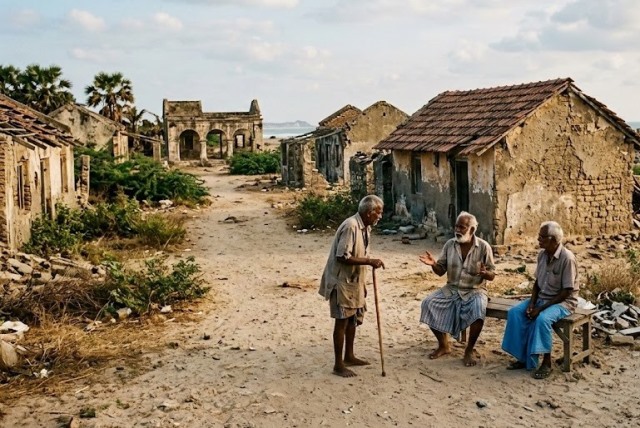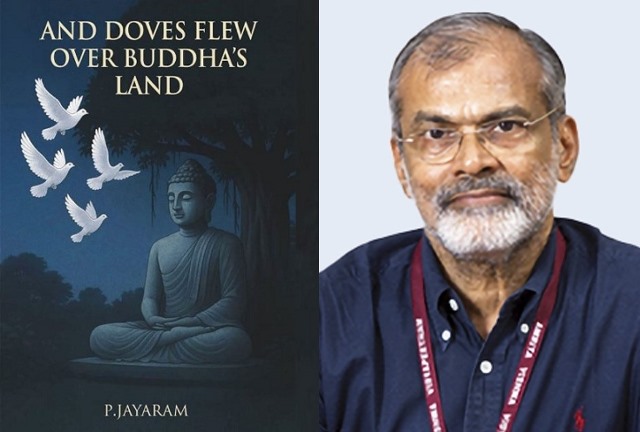Mamata’s victory an opportunity to forge genuine federalist alliance against BJP
Trinamool leader Mamata Banerjee’s tough and successful defence against the Bharatiya Janata Party juggernaut should now be an opportunity for change in India that has long been needed. The divisive, communal and brazenly irresponsible campaign in the face of the Covid tsunami by the BJP should be a wake-up call for an alternative India, a country that can resist intrusive centralisation and dictatorial overbearance. India is a state of vast diversity and legendary pluralism.
The two national parties, Congress and BJP have dominated the country since 1947. Both in their own way have stamped on regional identities, regional strengths and regional outlooks. Both have tried in their own way to create a monocultural nation to construct a version of nineteenth century European nationalism. Instead of leading the world with a model of exemplary pluralism, both parties have mimicked ultra-nationalism at the expense of not only minority communities, but also the mosaic of creative beliefs that are collectively termed Hinduism.
Congress tried to impose European secularism on the entire country. It nevertheless selectively played to a Hindu nationalist sentiment for votes and often crushed minorities such as Sikhs to create an ‘enemy within’ and rally the masses against this construct. It reduced India’s cultures to anthropological national ornaments for public relations on the world platform. Its levels of corruption and family sycophancy reached levels that people could no longer tolerate. It was divisive and played with communalism to the core to create vote-banks and gain power, so much so that even the majority Hindus became victims of its destructive secularism.
BJP on the other hand has pushed a nineteenth century ethno-nationalist European ideology by constructing the idea of a Hindu nation from vastly different indigenous belief systems. It has promoted an imagery of ancient kingdoms in South Asia as a glorious period that can be resurrected by reviving bygone language, ideas and a pushback against the Muslim minority. BJP sells its hollowed idea with a hate-fuelled campaign against Muslims, blaming Islam for disrupting the progress of ancient culture. It conveniently fabricates history, brushing aside inconvenient facts such as that the word Hindu as an identity itself was popularised by Muslim invaders in the first place.
Like Congress, the BJP has tried to hang on to the inheritance from the colonial period. Both have tried to forge a nation out of its disparate and highly distinct and different regional people and cultures.
India was born in 1947 as a Union of federating states and kingdoms that had come out of colonialism. The ‘Union’ was soon all but in words as creeping centralisation by the two parties eroded regional strengths and federalism.
There is a great deal of capacity and scope in the various states of India if they had greater autonomy to manage their own affairs in their own idiosyncratic cultural ways. What may work well in Maharashtra may not fit well in Bengal. But the rationale of nationalism is that all differences are flattened in the construction of a conflated, imagined, single nationhood. Just because both states have Hindu majorities does not mean they have similar cultural orientations. This is akin to the failed proposal that just because most of Europe is Christian, the French and Germans should forget their distinctive nationhoods and forge a common language, nation and political system.
Both centralist parties, the Congress and BJP, have found regionalism to be an obstacle in their ambitions and their hopes of becoming a great superpower. They think that India can be like China, an almost homogenised nation, that took centuries to be where it is now. The problem is that India is not China and China is not India. Indian culture is not like Chinese and Chinese culture is very distinct from Indian civilisation.
India is naturally a federal State even if powers try and defy that by taking away the autonomy of its federating states and regional cultures. India is strongest as a Federation rather than a unitary nation. Its federating provinces bring a diversity of opinions, talents and approaches that can only be a great strength as a united front, both economically and politically. The European Union is an example. Europe has never been as strong as it is now. But modern nationalism desires everyone to be the same, to observe similar norms and have a similar outlook. It makes governance easier on paper but impossible in the real world.
It has been tried several times before. It has always failed. The Mughals were successful for 300 years while they respected India’s diversity. But when Aurangzeb tried creating a monoculture, it took but a few decades for the edifice to come down. It happened with the British too and with Congress. It will happen with BJP. India may have a sort of common civilisation but it is not a nation. It is a state of many nations, in denial of that simple fact.
The alternative to the two parties has usually been a quickly patched-up third front that finds itself in power because no big party emerges triumphant from the election. The coalition of disparate regional parties have little in common except dislike of the big parties. They have no common agenda or ideology. They put together a coalition which is immediately undermined by its main partners all competing for the big job. At other times, differences arise in the allocation of Cabinet posts and finances to the states.
What is needed is an ideological third option in Indian politics that bases itself on a strong federalist country with greater powers to the states and less power to the Centre to take over the powers of the states. A party committed to federalist structure that introduces checks and balances that will ensure the Centre does not find creative legal instruments to invade state powers as it did in the farmers’ issue.
Perhaps the third option needs to be a Federal Alliance of India that will clearly spell its ideological manifesto to preserve the diversity and distinctiveness of its many regional states. It needs to give greater powers to the states and check the ability of the central government to interfere in the remits of the states. A number of institutional arrangements will need to be rethought.
The Rajya Sabha will need to be changed and made somewhat similar to other federal countries such as the United States or Switzerland. A whole lot of institutional structures that make the Indian democracy will need some overhaul. The Supreme Court will need to be really independent by ensuring no single political party can influence appointments. Similarly the tendency of an ambitious central leader will need constitutional checks to ensure press freedoms are not compromised as happened during Indira Gandhi’s years and now under Modi, and that any other strong leaders do not become despotic.
Mamata is now the heroine who has checked the BJP juggernaut that was crushing regional parties mercilessly. The farmers’ movement was the first real challenge the BJP under Modi faced. They bravely stood up to his Indira-type bullying. There is a sense of deja vu. Mamata is the warrior queen who has struck that fatal blow with the regions rising against the Centre. She epitomises the alternative that India seeks.
It cannot be another version of the Congress party nor another attempt at the loose opportunist coalition that becomes the third front during these periodic opportunities. Mamata Banerjee needs to come up with a new idea, a new ideology and a new coalition. That will give confidence to the people in the regional states to flock to their regional parties and support a third option. It needs to be a sustainable option of an alliance of federalist parties from the diversity of regions and parties. In a way it is history repeating. The war is waged by Punjabis, the ideas come from Bengal, the politics comes from other states. Its Mamata’s time and her opportunity to be Tigress of India to push this radical change, a Federal Alliance of India.
They are all part of the same system. So where is the ‘opportunity’ ?
More like all opportunist. No alliance can be formed as to many differences in loyalty standards. Farmers leaders are now totally defunct to achieve anything as this is a reality. Most are BJP ‘B’ team especially panjab leaders. We must face the reality.
A nation of India’s cultural, social, language and religious diversity should embrace pluralism. Federalism enshrined in the Constitution demands of the centre to leave the states with powers, except foreign relations, national security and monetary policy that will allow economic prosperity and social development at regional levels. Unfortunately, we are seeing the opposite happening with the NDA government all the time making sly attacks on state autonomy. Had BJP been able to wrest control of West Bengal from Mamata Banerjee, the concept of federalism would have taken a severe beating. The West Bengal election verdict frustrates attempts at “intrusive centralisation.”



